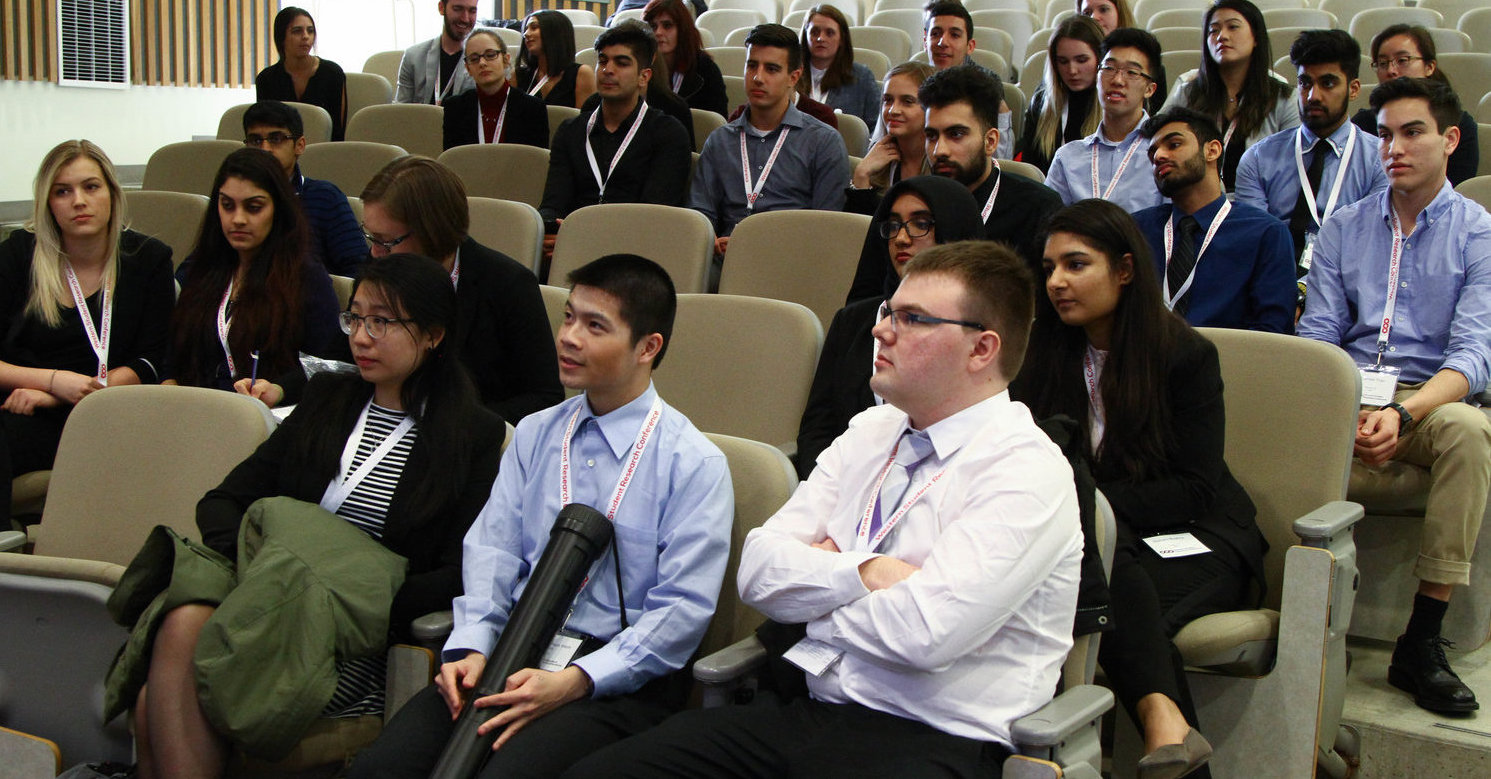An Investigation of Children's Spontaneous Future Thinking
Abstract
Episodic future thinking (EFT) is the ability to pre-experience a future event. Previous studies demonstrate that EFT emerges during the preschool years and improves with age. However, much of the current literature has investigated ‘prompted’ EFT, where children are explicitly instructed to act for the future. It remains unclear whether ‘unprompted’ EFT develops in the same manner. The present study addresses this gap in the literature. Using a modified version of the “Spoon test” paradigm, 4- to 9-year-olds were presented with one of two test versions. In both versions, children were introduced to three crying babies who could be soothed using one of three actions, one of which was showing a spoon. In the “active” version, children were instructed to carry out the actions, whereas in the “passive” version, children watched the experimenter carry out the actions. Following the encounter with the babies, children performed two executive function (EF) tasks: verbal fluency and digit span. With no instructions/prompting, children were given the opportunity to retrieve a spoon in preparation for meeting the babies again. I hypothesize that older children will be more likely to retrieve a spoon than younger children. I also hypothesize that retrieving a spoon and EF scores will be significantly positively correlated. Finally, I predict that children will be more likely to retrieve a spoon in the active vs the passive test version. Study results will have important implications for measuring children’s unprompted EFT and its developmental trajectory.
Presentation Type
Poster Presentation
An Investigation of Children's Spontaneous Future Thinking
Episodic future thinking (EFT) is the ability to pre-experience a future event. Previous studies demonstrate that EFT emerges during the preschool years and improves with age. However, much of the current literature has investigated ‘prompted’ EFT, where children are explicitly instructed to act for the future. It remains unclear whether ‘unprompted’ EFT develops in the same manner. The present study addresses this gap in the literature. Using a modified version of the “Spoon test” paradigm, 4- to 9-year-olds were presented with one of two test versions. In both versions, children were introduced to three crying babies who could be soothed using one of three actions, one of which was showing a spoon. In the “active” version, children were instructed to carry out the actions, whereas in the “passive” version, children watched the experimenter carry out the actions. Following the encounter with the babies, children performed two executive function (EF) tasks: verbal fluency and digit span. With no instructions/prompting, children were given the opportunity to retrieve a spoon in preparation for meeting the babies again. I hypothesize that older children will be more likely to retrieve a spoon than younger children. I also hypothesize that retrieving a spoon and EF scores will be significantly positively correlated. Finally, I predict that children will be more likely to retrieve a spoon in the active vs the passive test version. Study results will have important implications for measuring children’s unprompted EFT and its developmental trajectory.



